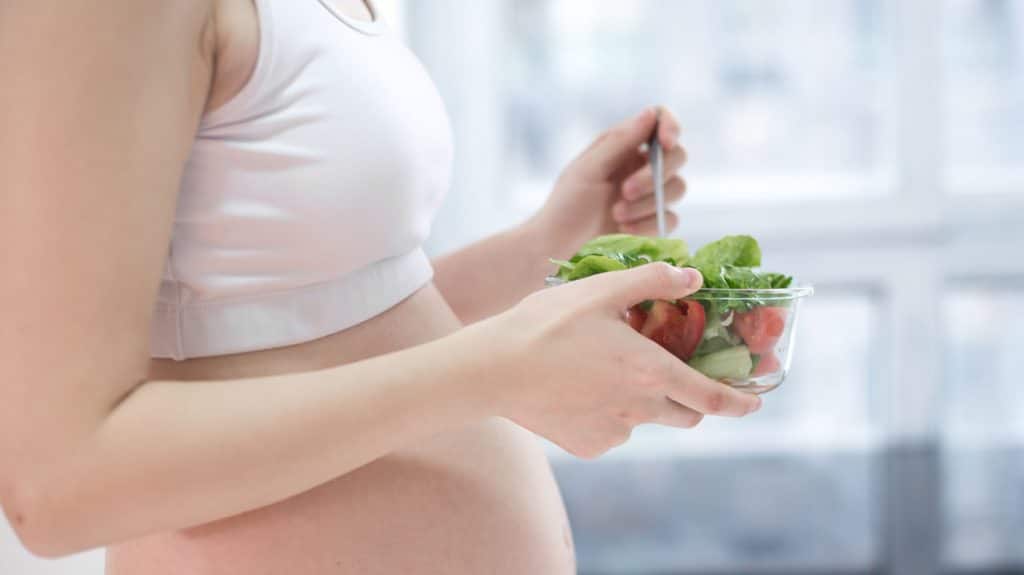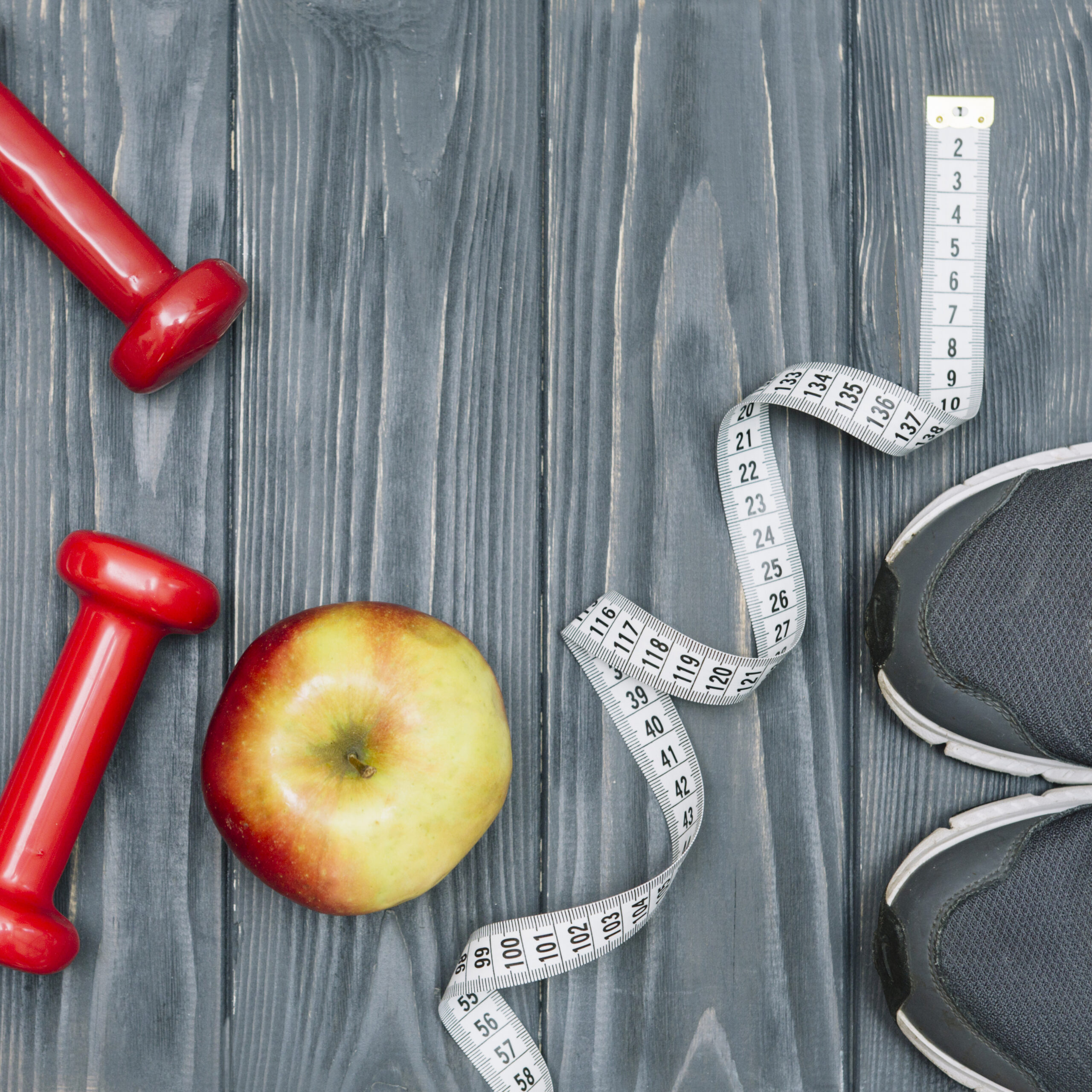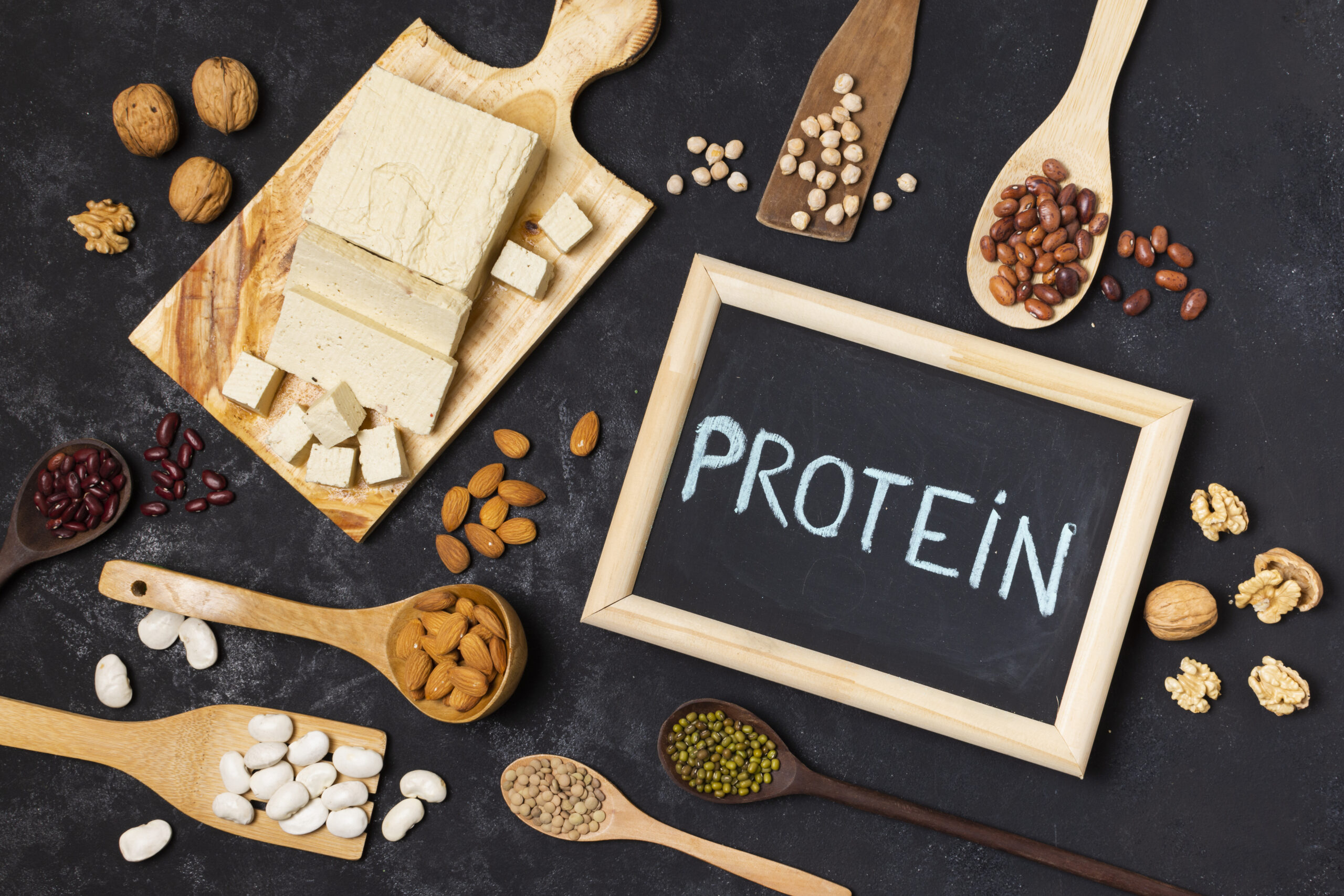Improving natural fertility is a priority for many women trying to conceive but this much is true: there is no one-size-fits-all approach. Several natural strategies exist, including dietary changes, supplements, and lifestyle adjustments, all of which can support reproductive health and boost fertility in a healthy, harmless way. Below, we’ve compiled four simple methods by which you can improve your chances of getting pregnant.
1. Nourish Your Body with Right Kinds of Foods
A healthy diet is the foundation of fertility and without it, getting pregnant can become more difficult. In order to properly support your body, focus on eating clean, unprocessed foods rich in essential nutrients. If you’re not sure where to start, begin with these foods:
- Greens: Spinach, kale, and Swiss chard are packed with folate, iron, and other vitamins that support reproductive health.
- Fats: Having enough healthy fat in your diet is critical when it comes to conception. Be sure to eat plenty of omega-3 fatty acids, like salmon, chia seeds, and walnuts.
- Complex Carbs: Foods like quinoa, brown rice, and whole wheat are rich in fiber and help regulate blood sugar levels, which is vital for maintaining a balanced hormonal environment.
- Berries: Blueberries, raspberries, and strawberries are loaded with antioxidants that protect eggs from damage and improve overall fertility.

2. Try Out Fertility-Enhancing Supplements
Taking the right kinds of supplements will help enhance your body’s natural fertility without causing any negative side effects. Look for supplements with these included:
- Folic Acid: Essential for reducing the risk of neural tube defects in early pregnancy, folic acid also supports ovulation and overall fertility. Women trying to conceive should aim for 400-800 mcg daily.
- CoQ10: This antioxidant has been shown to improve egg quality, especially in women over 35. It helps protect cells from oxidative stress and supports energy production in cells.
- Vitamin D: Known as the “sunshine vitamin,” vitamin D is crucial for hormone regulation and reproductive health. Many women have low levels, so a supplement may be necessary, especially in winter months.
- Omega-3 Fatty Acids: In addition to dietary sources, omega-3 supplements can support hormone balance and reduce inflammation, both of which are important for fertility.
3. Enjoy a Fertility-Enhancing Lifestyle
Try these simple ways to upgrade your lifestyle in a healthy way:
- Keep a Healthy Weight: Both underweight and overweight women can experience fertility challenges, so keep a balanced weight to support regular ovulation and hormonal balance.
- Minimize Your Stress: Chronic stress interferes with hormone production and ovulation so try to minimize stress whenever possible.
- Get Enough Sleep: Sleep is essential for hormone regulation and you should be aiming for 7-8 hours of quality sleep each night to support reproductive health.
- Limit Toxins: Pregnant or not, it’s best to always reduce exposure to environmental toxins like pesticides, plastics, and chemical-filled cleaning products, as they interfere with hormonal balance and fertility.
4. Monitor Your Menstrual Cycle
Last, but certainly not least, gain an understanding of your menstrual to identify your most fertile window each month. Tracking ovulation isn’t as easy as it might seem, with many different methods to choose from like basal body temperature, the Flo App or ovulation predictor kits.
Nourishing your body with the right foods, using fertility-enhancing supplements, and adopting healthy lifestyle practices will help you improve your chances of becoming pregnant in the coming months. Keep in mind that each body is different and some women are not able to become pregnant as easily as others. In the event that you are in need of medical advice, remember to seek a specialist.





